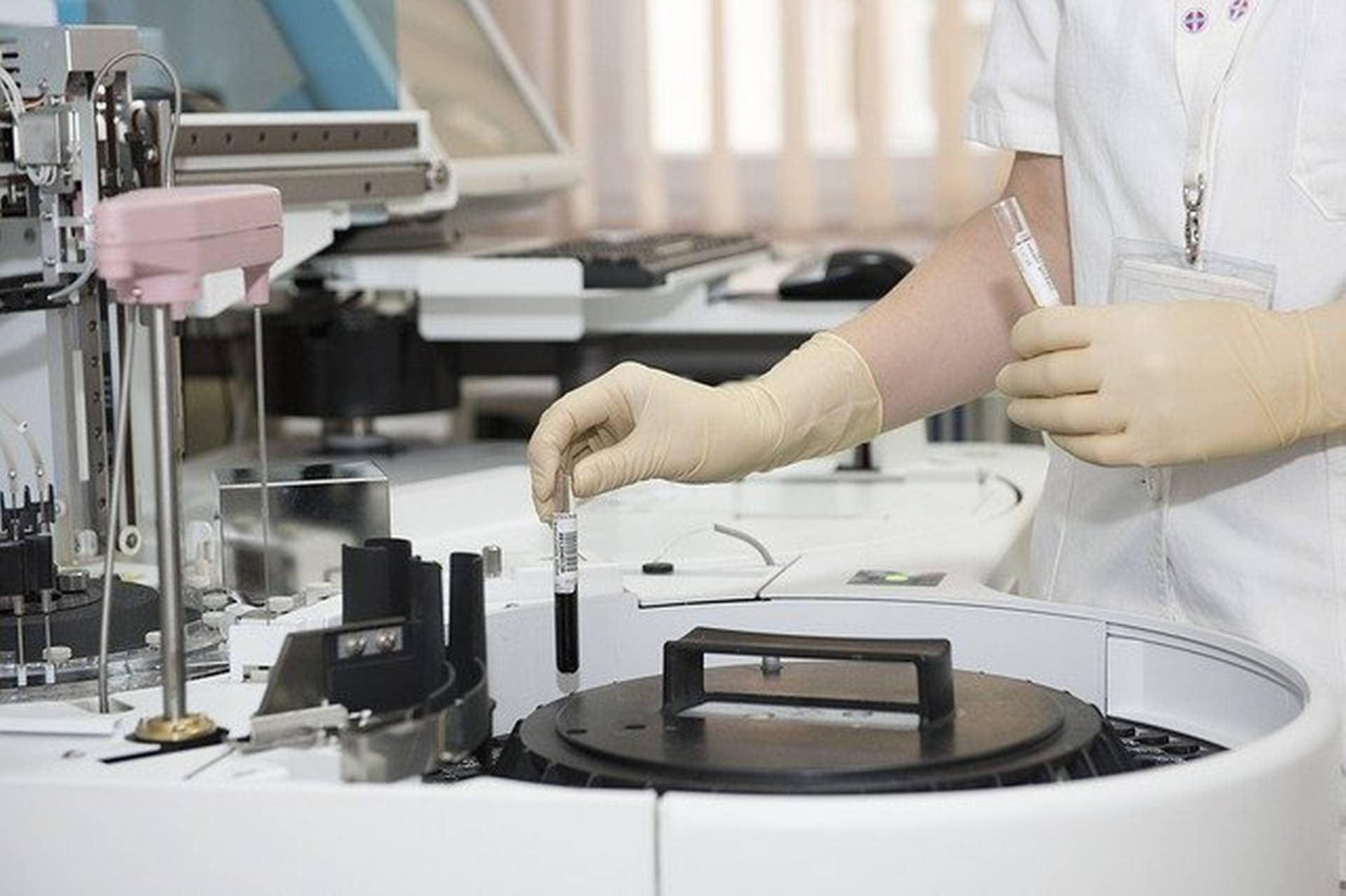Great opportunities for precision medicine in Swedish healthcare

There is enormous potential for precision medicine in Swedish healthcare. Provided that the challenges can be overcome, that is.
According to Per Sikora, Co-chair for informatics and infrastructure at Genomic Medicine Sweden, the current infrastructure in Swedish healthcare creates some challenges for precision medicine to be implemented in an optimal way. Something that becomes even more relevant during a current pandemic.
Precision medicine means putting in the right treatment for the right patient at the right time. This does not mean that previous systems or methods have used the wrong treatments, but that precision medicine has the opportunity to adapt treatments based on individual needs with greater precision.
– What you do traditionally is to divide patients within a disease into different patient groups based on what conditions you have for different treatments. You can then end up in a fairly large group and based on the conditions, you test one treatment at a time. With precision medicine, we get a more informed flow where we use more measurement values to be able to decide which treatment is most appropriate, says Per Sikora
By using more measurement values, healthcare can more quickly and better determine which medication or treatment will give this specific patient the best results.
The implementation of precision medicine is not only beneficial for patients but also the entire healthcare system. It is a system that keeps costs down, minimizes suffering and maximizes efficiency, says Per Sikora.
– It may sound harsh, but to some extent it is about not wasting taxpayers’ money. If you are going to start a treatment that costs several hundred thousand, you want to be sure that it is the right treatment. With precision medicine, we minimize suffering and costs while maximizing efficiency. One of the reasons why so many hospitals go back is because they carry out very expensive treatments that you do not always know if they will work.
But making a transition to precision medicine is not without its challenges in the current system in Swedish healthcare.
– We need a new infrastructure in healthcare if this is to work as well as possible. What we work with is data mining. We must make it possible for Swedish healthcare to have access to the right data in a simple way. The problem in Sweden is that we are not allowed to store and share data in any way, especially not between hospitals. This means that we cannot build a knowledge base based on previous treatments. Sharing that type of information can save lives, says Per.
To succeed in this, Per and his colleagues believe that we need to take a national approach to infrastructure. If each region is only to take care of itself, an inequality will arise for treatments in different parts of Sweden. In Stockholm, where there are many cases, there will be more data, in contrast to, for example, Västerbotten, where in certain diseases there is significantly less information to make decisions in that case.
– We will set up a national platform and establish a completely new infrastructure. It will be very modular and expandable. In this way, we also develop a platform that will be able to support the future needs for precision medicine. We lock it and limit it to what we need now, but we have also taken into account what is to come, but which we can not do now due to the law in Sweden, Per explains.
With the help of precision medicine, we will reduce suffering in healthcare. More people will survive with fewer side effects and more will get the right diagnosis. We will also have an opportunity to monitor the spread of infection nationally. Something that has been very challenging for Sweden during the pandemic because we have so many regions.
Vitalis is the Nordic region’s leading trade fair and conference on eHealth and the care and welfare of the future. It is an opportunity when representatives from municipalities, regions, authorities, academia, industry and private care providers have the opportunity to meet, exchange experiences and knowledge and inspire each other. In 2021, Vitalis will be launched on 18-20 May as a hybrid conference and digital exhibition.



